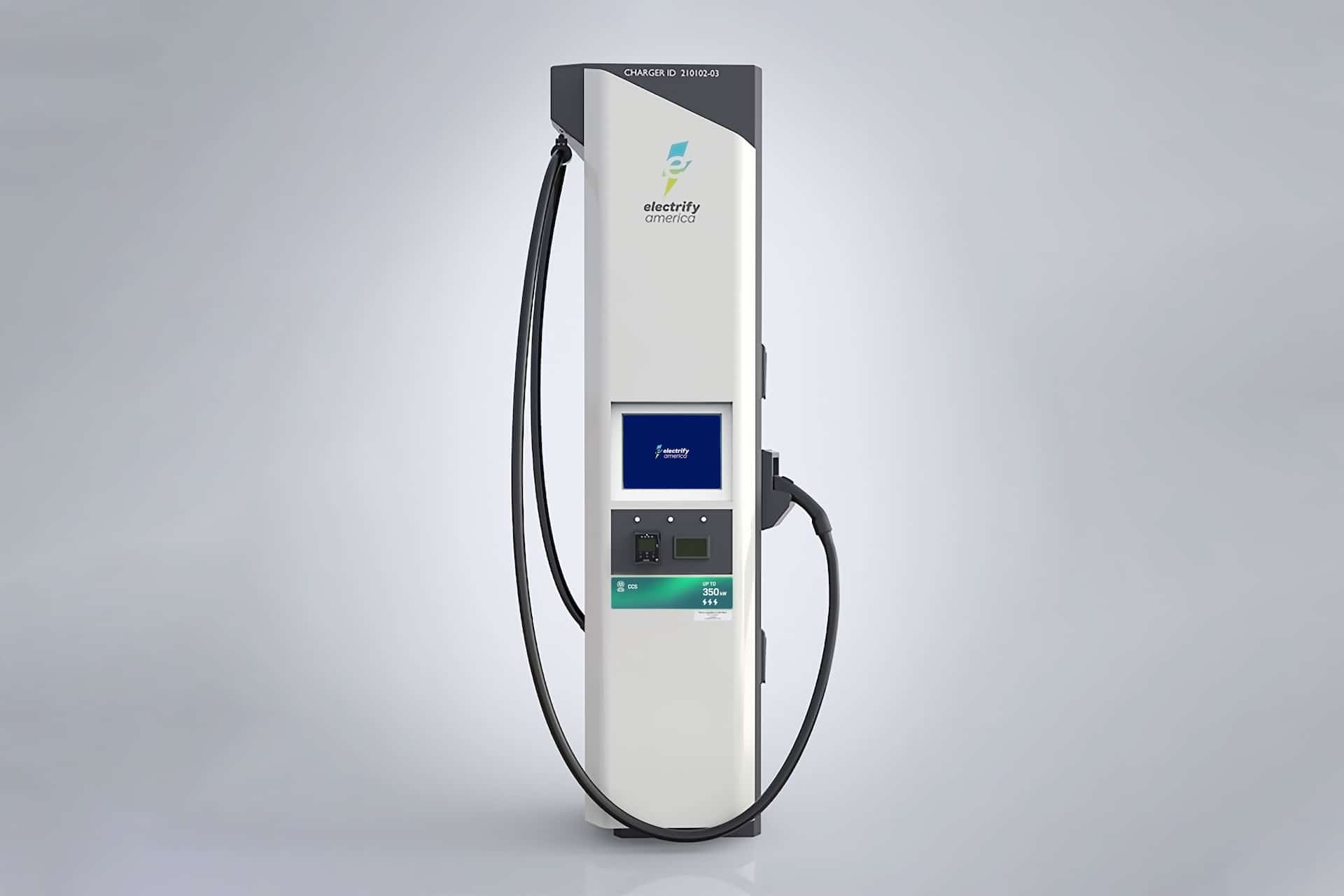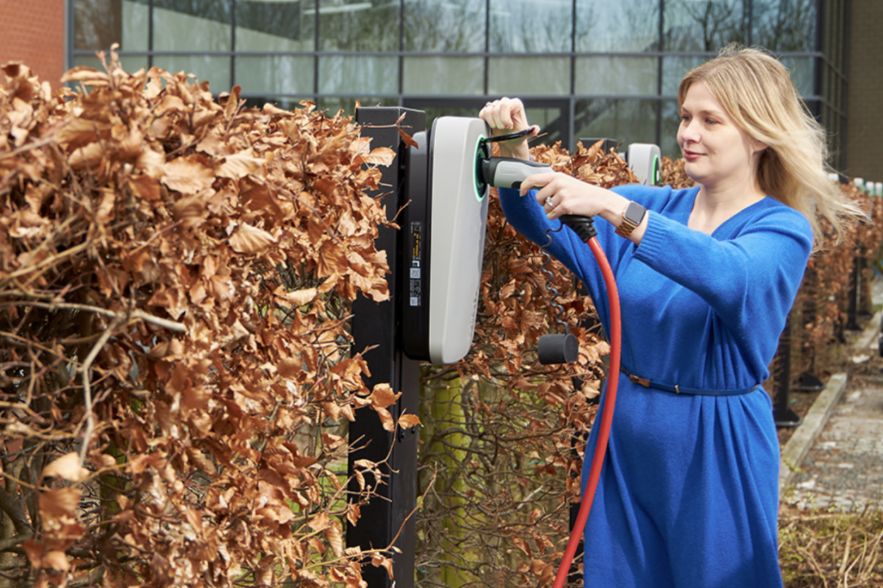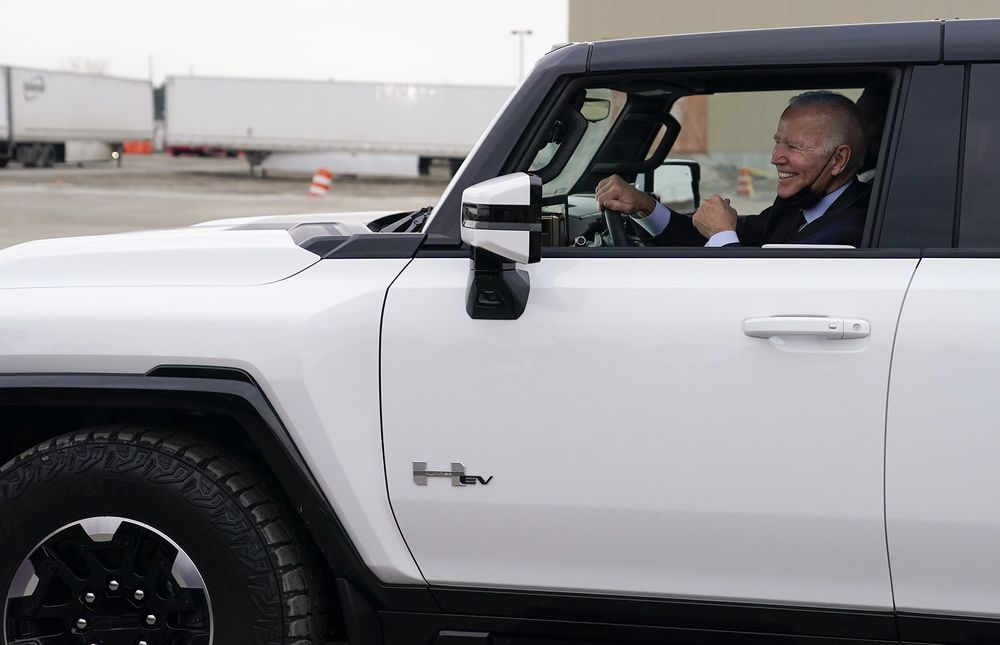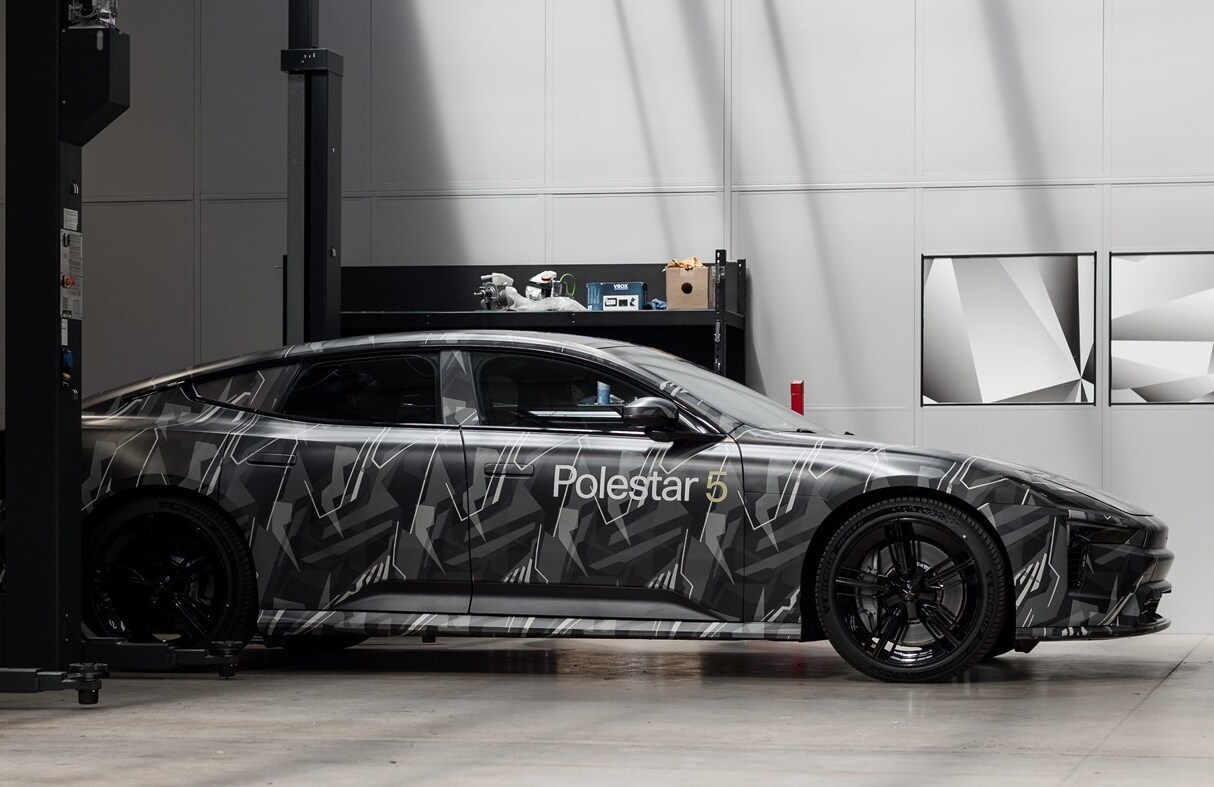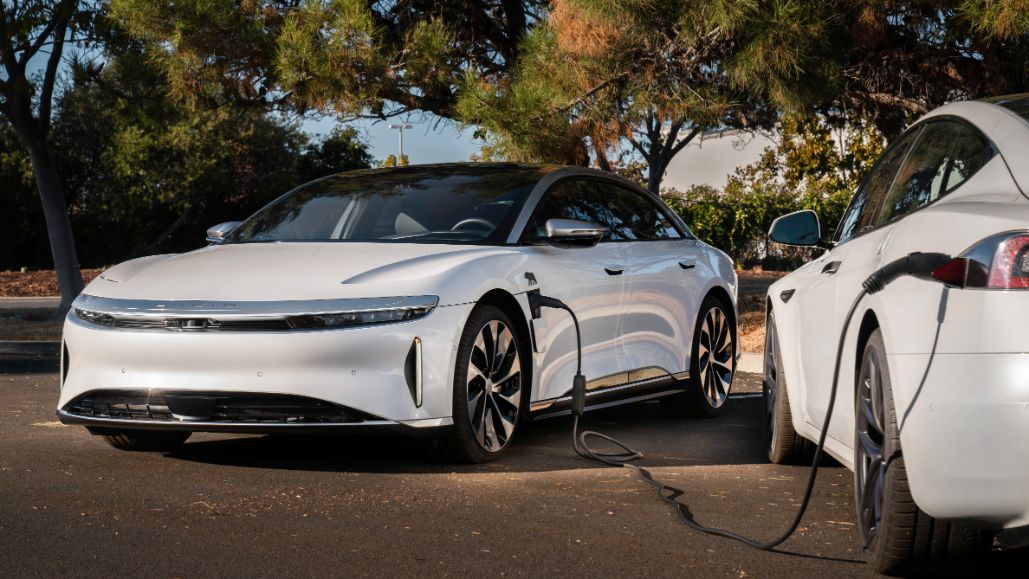Electrify America, one of the leading electric vehicle (EV) fast-charging networks in the United States, has taken a significant step in its mission to provide nationwide EV infrastructure. The company recently inaugurated its first charging station in North Dakota, aiming to bridge gaps in EV infrastructure, especially in the northern regions of the country.
Currently, Electrify America boasts a network of over 840 stations equipped with more than 3,700 individual fast chargers, distributed across 47 states. The latest addition in North Dakota is strategically located in The Shoppes at Jamestown, situated at 2617 8th Ave along Interstate 94. This station features six of Electrify America’s next-generation chargers, capable of delivering up to 350 kilowatts of charging power. While the current chargers utilize the CCS1 plug, Electrify America plans to offer NACS compatibility in the future.
Brandy Mathie, the Director of Site Acquisition and Portfolio Management at Electrify America, emphasized the importance of this expansion, stating, “With our entrance into North Dakota, EV drivers are now able to enjoy hyper-fast charging speeds in 47 states. This is a significant milestone in making EV ownership accessible to all communities.”
Electrify America has outlined plans for additional charging stations in North Dakota, with one station set to launch soon in Grand Forks near Interstate 29. Moreover, the company has committed to launching two more sites in North Dakota in the coming year, increasing the total to four stations. This approach is anticipated to be replicated in other northern states, thereby enhancing the EV charging infrastructure for long-distance travel.
The deployment of charging infrastructure often mirrors the prevalence of EV adoption in a given area. In this context, North Dakota exhibited lower EV registration numbers, a trend consistent with findings from the Department of Energy (DOE)’s Vehicle Technologies Office. The report revealed that in 2022, North Dakota recorded only 1.3 plug-in electric car registrations per thousand people, well below the national average of 8.66 in the United States.
Expanding EV charging infrastructure in regions with lower EV adoption rates poses a unique set of challenges, primarily financial. Nevertheless, as EV adoption gains momentum, it is hoped that the situation will gradually improve, making electric vehicle ownership more accessible to a wider audience.

